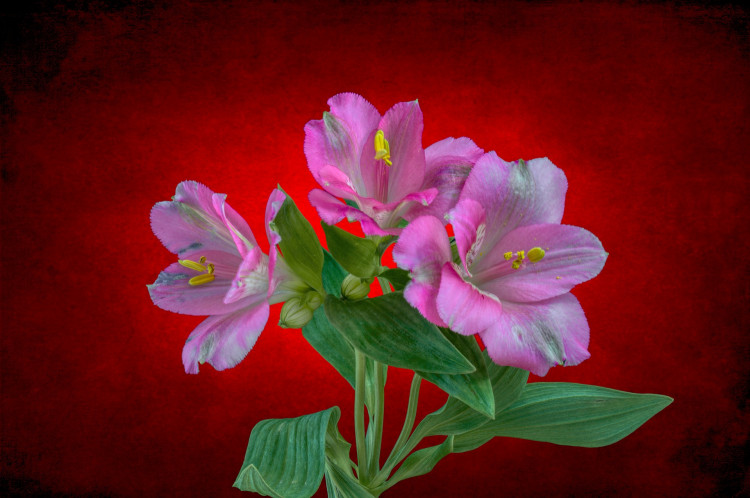Kenya has now become the fourth largest supplier of cut flowers worldwide with the sector earning more than $800 million in 2017 alone according to Clement Tulezi, the CEO of Kenya Flower Council.
The Kenyan flower industry has rapidly grown from exporting 10,946 tons of flowers in 1998 to 86,480 tons in 2006. The growth was sustained in the following years with 120,220 tons in 2010, 136,601 tons in 2014, 133,658 tons in 2016, and 159,961 tons in 2017 according to data from the Horticultural Crop Directorate. The country's flower industry has brought in 1.06 percent to Kenya's Gross Domestic Product. The sector also employed more than 100,000 people directly and an estimated 2 million people indirectly.
China, having a voracious demand for Kenyan flowers, has significantly pushed the nation's flower industry through the years.
Irene Nkatha, sales manager of Red Lands Roses which is among the biggest rose exporters in Kenya, told CNN that the company is delivering to Beijing, Shanghai, and Guangzhou. From shipping roses once a week, the company is now shipping thrice a week, Nkatha said. She said China has an accessible distance from Kenya, taking only a day to deliver in Guangzhou while two days to Beijing.
Nkatha added that Red Lands Roses hopes to increase their shipments to China from 11 percent to 30 percent. She mentioned that right now, the company is trying to manage the high tariffs and high transportation costs.
Qi Bo, the director of Jiuye Supply Chain which is a client of Red Land Roses, said they prefer flowers from Kenya because of the varieties to choose from, especially the flowers that could not be found from other regions.
Kenya exports cut roses, carnations, alstroemeria, gypsophila, lilies, eryngiums, arabicum, hypericum, and statice.
China has an increasing demand for Kenyan flowers according to Qi Bo. The rate of increase is currently at 25 percent yearly said, Qi Bo. Jiuye Supply Chain is planning to double its imports to five million in 2018 from 2.5 million in 2017, Qi Bo highlighted.
Aside from unique flowers and proximity, QiBo said Kenya has advanced flower breeding and planting skills, as well as innovative storage facility which China lacks at present.
Aside from China, the European Union also accounted to as much as 38 percent of the demand for cut flowers from Kenya. Kenya's main markets in the EU are Holland, Germany, France, Switzerland, and the United Kingdom.
Kenya flowers are also being sold to more than 60 countries according to the Kenya Flower Council.
Kenya is currently competing against Netherlands, Colombia, Ecuador, and Ethiopia. The Netherlands is currently the biggest holder of market share with more than 40 percent of the worldwide exports coming from the country.






